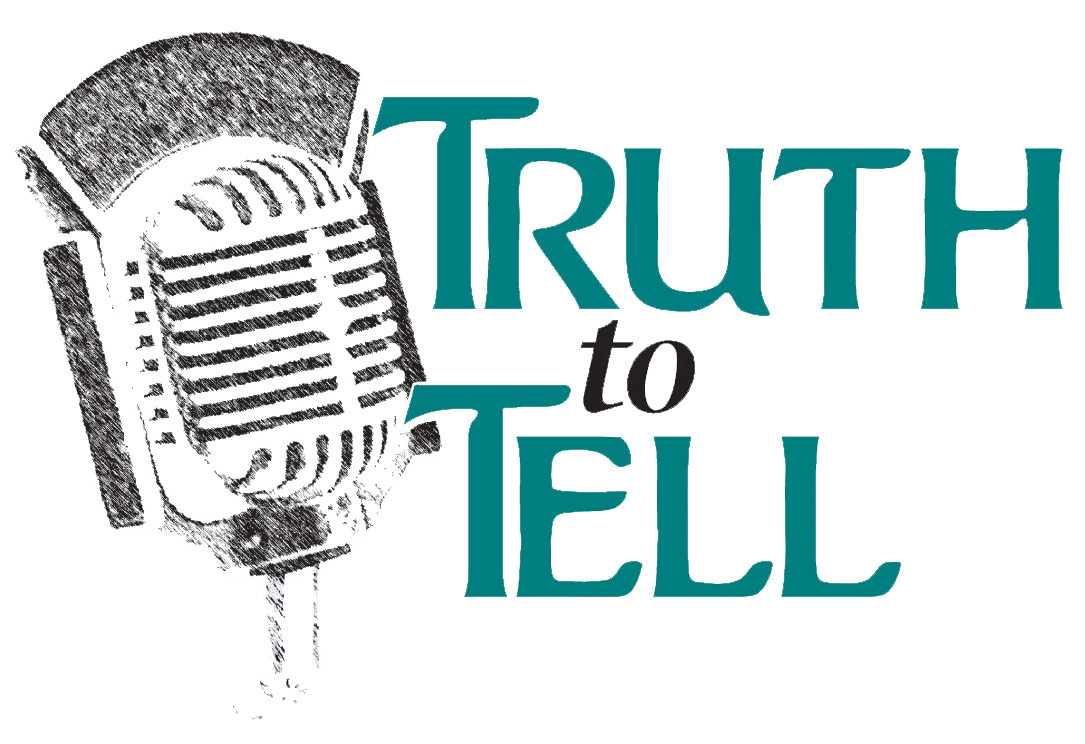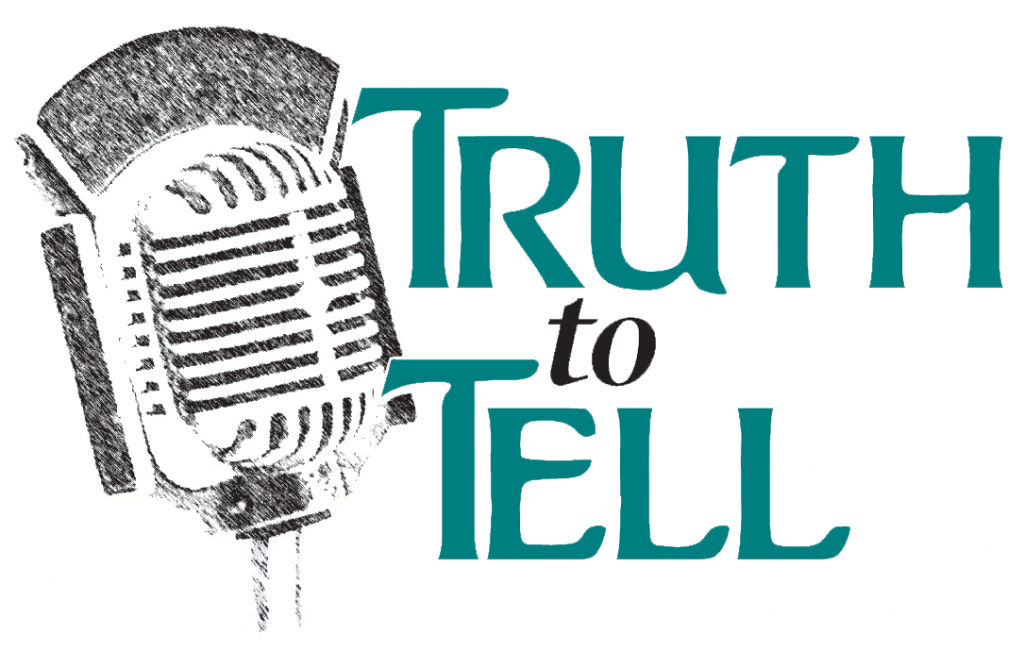TTT1234–Aug20-CableAccessMN2012
This program features a SPECIAL GUEST APPEARANCE by NIRVANA bassist, KRIST NOVOSELIC, talking about his work in support of ranked choice voting and his Thursday appearance at a FairVote/Minnesota fundraiser at Traffic Zone Center for Visual Arts. We even play a few bars of a Nirvana song made popular by the grunge rock trio – a career cut short by Novoselic’s Nirvana partner, Kurt Cobain’s untimely death.
~~~~~~~~~~~~~~~~~~~~~~~~~~~~~~~~
HELP US BRING YOU THESE IMPORTANT DISCUSSIONS OF COMMUNITY INTEREST – PLEASE DONATE HERE!
~~~~~~~~~~~~~~~~~~~~~~~~~~~~~
Do you watch your local access channels or community programming productions? Why not? These have always had tremendous potential for connecting people and neighborhoods in our cities or the cities and regions and they may be forever lost to the powerful cable companies that control their physical and financial resources – mostly Comcast Cable around here – never to be seen again, those connections will be lost.
A prominent StarTribune story a few weeks ago detailed the demise of one cable access group in Eden Prairie after the city council there agreed with the near monopoly cable TV service supplier around here, Comcast, that the entity should be shut down.
We know that long-standing promises Cable companies made to all the cities and clusters of suburbs to maintain both channels and equipment for community programming and access production are under siege and being broken all over the place. Unfortunately, unlike the days when City Councils and Joint Cable Commissions (most suburbs) extracted some serious commitments to a long life of funding and equipment supply for local cable access facilities with two or more channels set aside for local communities and organizations to produce public, educational and religious access programs, city councils and cable commissions are now buying into cable company arguments that not enough people are using those channels and equipment to justify continuing the set-asides.
This may be a chicken-egg issue. Is lack of adequate use spawning the movement to take back the channels? Or are cable access groups brining this on because they fail to produce and promote enough programming to justify continued existence?
Some cable access users and facilities are busier than others creating shows of wide-ranging quality and content. That was bound to be true, no matter the city or group of cities where cable access and community programming outfits operate. Many cities have far different arrangements from their sister cities in the Metro, and some cable franchises cover a multitude of communities, perhaps as many as seven cities in a cluster of cable subscribers and these operate under joint powers agreements struck in order to secure the best deal possible from the cable companies who bid on those franchises with extravagant promises, some promising the moon in terms of channel numbers, programs and varieties, carriage of local television stations originally watched free of charge with rabbit ears or rooftop antennas. And cable access cameras, studios, channels and other equipment and facilities to broadcast programs to every nook and cranny of each city.
Aside from periodic complaints about First Amendment abuses by some access producers, most cable access organizations have supplies community information and programming ranging from scrolling community calendars and event announcements to well-produced in-studio discussions or edited digital documentaries. But, as with all available services, such capability must be heavily promoted and facilitated – both in training users on complex equipment and production values and techniques and in the sort of content that might reach wide or narrow audiences with some ease.
With cable companies now lusting after underutilized and potentially profitable access channels in some franchise locations, any city or joint commission agreeing to turn channels back for company use, or curtailing the existence or use of company-supplied space or equipment is setting precedents for future court challenges of franchise promises long ago made by the original cable company owners. Most every original franchise applicant company has been bought out – by one or a series – of the ever-consolidating media industry, thanks to an eroding regulatory climate, something this program has explored in some, if not complete depth over the last couple of years.
Join the conversation with TTT’s ANDY DRISCOLL Monday on TruthToTell. We’ll bring on a few advocates for local access, examine the different local franchises that promise such services and channel space and even ask a Comcast rep to come on and explain why out of the hundreds of channels available, they feel the need to scuttle such franchises just to tack on more commercial programming that is far less useful to us than programs created and cablecast by our own people.
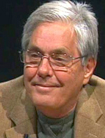 JEFF STRATE – former Eden Prairie cable access producer and activist; former TPT producer of cultural affairs programming.
JEFF STRATE – former Eden Prairie cable access producer and activist; former TPT producer of cultural affairs programming.
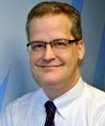 MIKE WASSENAAR – Executive Director, Saint Paul Neighborhood Network (SPNN); longtime community programmer; former Chair of KFAI’s Board of Directors
MIKE WASSENAAR – Executive Director, Saint Paul Neighborhood Network (SPNN); longtime community programmer; former Chair of KFAI’s Board of Directors
 MICHAEL FALLON – Executive Director, Minneapolis Telecommunications Network (MTN)
MICHAEL FALLON – Executive Director, Minneapolis Telecommunications Network (MTN)
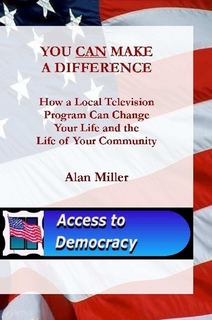 ALAN MILLER – Cable Access Producer (“Access to Democracy”), Eagan; Film/Cinema Studies instructor, MCTC; Frequent guest and guest host, AM950. Author, You Can Make a Difference
ALAN MILLER – Cable Access Producer (“Access to Democracy”), Eagan; Film/Cinema Studies instructor, MCTC; Frequent guest and guest host, AM950. Author, You Can Make a Difference

